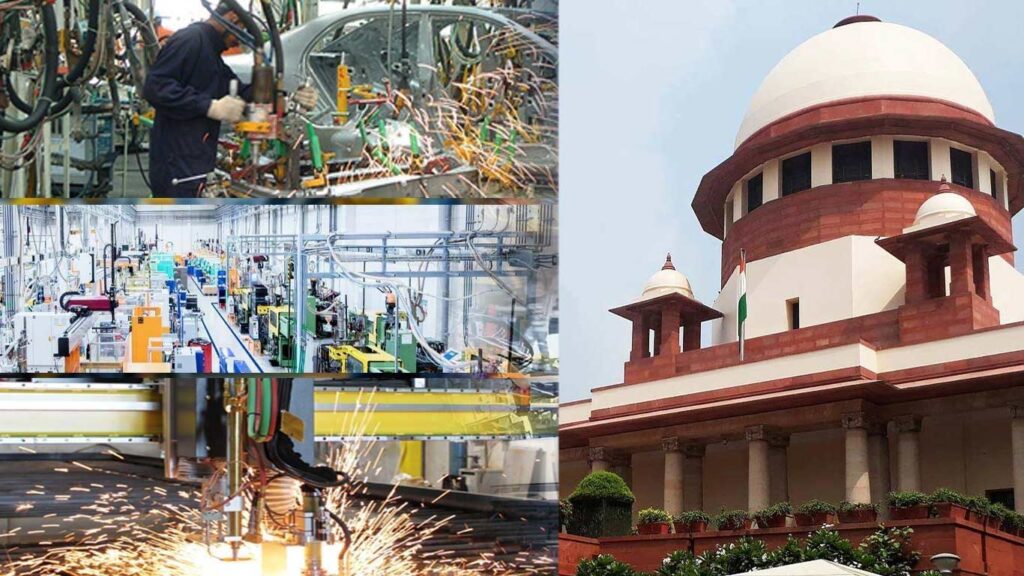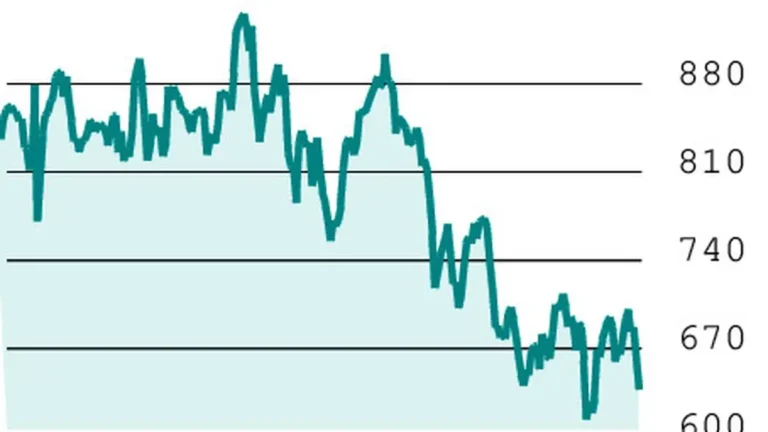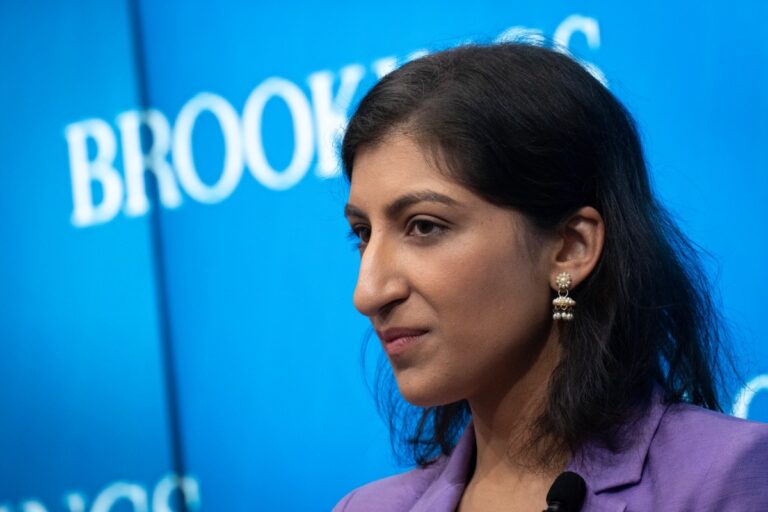New Delhi, May 15 (KNN) The Supreme Court on Tuesday firmly rejected what it termed ‘heavy-handed enforcement’ of antitrust regulations, warning that such approaches could derail India’s ambitions to become a global manufacturing and technology hub.
A Bench of Justices Vikram Nath and Prasanna B Varale ruled, “In today’s global economic climate, prudence is vital. As the United States and Europe retreat behind their newly-minted trade walls of protectionist policies.”
“India’s bid to emerge as a global centre for manufacturing, life-sciences and technology will succeed only if regulation rewards scale and intervenes solely when genuine competitive harm is shown,” the bench added.
In dismissing appeals by the Competition Commission of India (CCI) and Kapoor Glass against Schott Glass India, the Court established critical precedents for how abuse of dominance cases must be evaluated.
The case originated from a 2010 information filed by Kapoor Glass alleging that Schott India abused its dominance through exclusionary discounts, discrimination against independent converters, tying sales of different tube variants, and refusing supply.
The CCI had initially found Schott India in violation of multiple clauses of Section 4(2) of the Competition Act and imposed a Rs 5.66 crore penalty.
However, this decision was overturned by the now defunct Competition Appellate Tribunal (COMPAT) in 2014, which cited procedural lapses and absence of competitive harm. The Supreme Court has now affirmed COMPAT’s findings.
Reiterating that dominance itself is not unlawful, the Court held that only conduct resulting in an appreciable adverse effect on competition can amount to abuse under Section 4. “Section 4 of the Act does not per se prohibit dominance; it prohibits the abuse of dominance,” the Court clarified.
The judgment also articulated the constitutional and economic rationale behind competition law: ‘Competition law is not designed to humble the successful or to clip the wings of enterprises that have, through industry and innovation, secured a commanding share of the market… If mere size or success were treated as an offence…the law would defeat itself, it would freeze capital formation, penalise productivity, and ultimately impoverish the very public it is meant to protect.”
The Court cautioned that overzealous enforcement, particularly in the absence of demonstrable market effects, could deter the long-term capital and technical expertise that India needs to compete globally.
“An effects-based standard is…both a constitutional bulwark against arbitrary restraint of lawful enterprise and a strategic necessity if India is to capture the opportunities that more protectionist economies are in danger of forsaking,” the court stated.
The CCI was represented by Senior Advocate Amit Sibal with a team of lawyers, while Schott Glass was represented by Senior Advocate Percival Billimoria and his legal team. Kapoor Glass was represented by Senior Advocate A N Haksar and associates.
(KNN Bureau)















